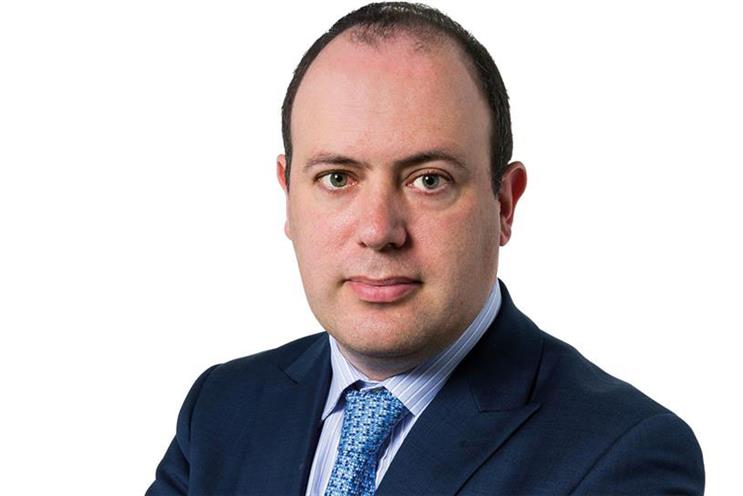Brexit has been a major concern for the UK ad market since last year’s referendum but a triple whammy of global worries is undermining confidence further.
There is geo-political instability because of Donald Trump’s poor leadership in the US and North Korea’s nuclear sabre-rattling.
Digital disruption is getting more dramatic as fast-moving consumer goods companies feel the strain and cut adspend.
And agency holding companies are facing questions about their business model, following a poor first half of the year that has sent their share prices tumbling.
Expect the mood to be edgy this week at a WPP global leaders’ conference in Silicon Valley and Publicis Media’s international get-together in New York.
VUCA – volatility, uncertainty, complexity and ambiguity – is the buzzphrase that media people keep using.
Reading the runes of the UK ad market is tricky.
It was exactly a year ago in September 2016 that the ad market first took a serious tumble in the wake of the Brexit vote, so the year-on-year comparatives get easier from now.
We are entering the first month of year two in a post-Brexit ad market.
TV remains a bellwether for everyone else and there are some reasons to be cheerful after revenues suffered a bruising drop of 5% in the last 12 months.
September should be down only about 2% and October could be flat and November might even go into positive territory after a bad autumn in 2016, industry sources say.
A decent audience of 6.5 million for the commercial debut of The Great British Bake Off on Channel 4 last week was a timely reminder of the power of TV at a time when some advertisers are debating whether they have focused too much on short-term, direct response and neglected long-term brand-building.
But it says a lot about free-to-air TV generally that the ITV share price has fallen a quarter since April and is now trading at its lowest level since 2013.
Many people in agencies and media owners are jittery because they see few signs that the UK ad market is stabilising, let alone recovering.
Zenith warned ad expenditure would grow only 0.9% in the UK this year when it slashed its forecast in June and nothing has happened since to think confidence is improving ahead.
Several agency leaders complain about the dearth of creative and media pitches and media owners warn a lot of advertising money is "very late".
Now everyone is returning from their summer break, decisions might get made, but few people are feeling buoyant as they get ready to set 2018 budgets.
Even online advertising is under pressure as some brands such as Procter & Gamble have pulled back globally because of doubts about digital display and concerns over brand safety, and it is not clear if they will reinvest their money in other media channels.
There is some momentum that could help trading conditions pick up towards the end of the year.
Christmas will still happen, Disney has its big Star Wars movie, The Last Jedi: Episode VIII, and Apple unveils its new iPhone next week.
However, in a VUCA world, it is hard to have great expectations even about a landmark event such as an iPhone launch.
Dixons Carphone’s shares crashed more than 20% last month when it warned consumers are taking longer to upgrade their handsets because prices have increased, following sterling’s post-Brexit plunge, and the pace of techological innovation has slowed, according to the retailer.
So the economic lights are flashing amber. They might not turn red. But we can be certain they are not going back to green for a long time.
Gideon Spanier is head of media at 北京赛车pk10



